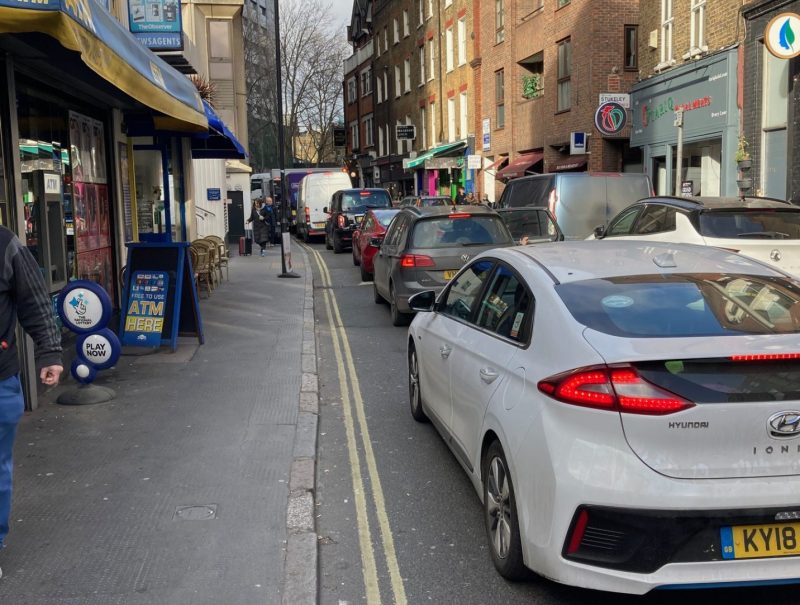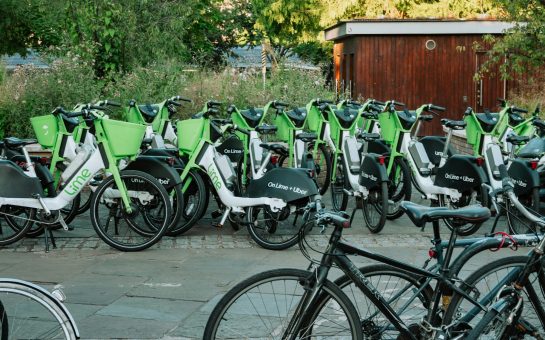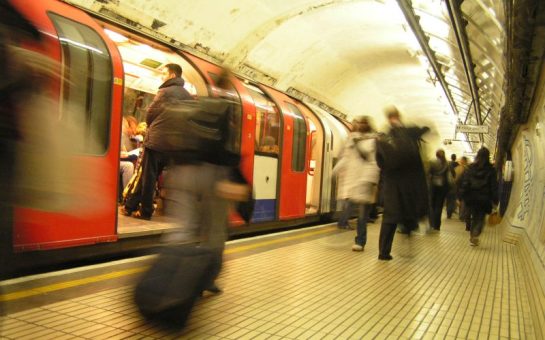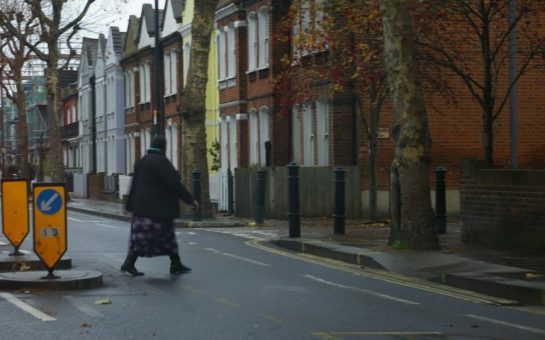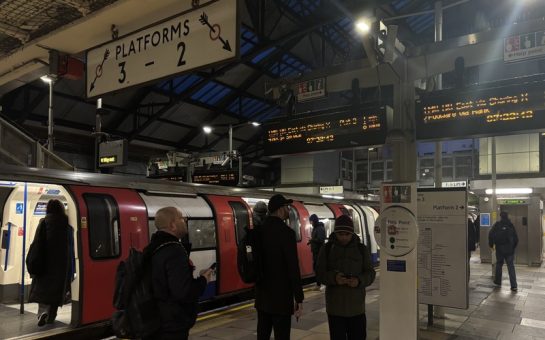Four London councils who are fighting the expansion of London’s Ultra Low Emission Zone (ULEZ) have vowed to continue their fight.
Conservative-led Bexley, Bromley, Harrow and Hillingdon pledged last month to “do everything in our power to stop it from going ahead”, including refusing permission for the ULEZ cameras to be installed on their roads.
They also issued a pre-action letter to the Mayor and Transport for London (TfL) claiming that the expansion was unlawful – a claim that TfL refuted.
TfL subsequently issued a deadline of 2 February for the rebel councils to grant permission, stating that the decision to expand the ULEZ “should be implemented with minimal delay” according to the BBC.
That deadline has now come and gone and a joint statement by the councils on Twitter stated simply that they “will not sign the agreement with TfL while legal advice is taken”.
Vested interests
The four councils, together with Conservative-led Croydon, originally expressed their opposition in January.
Speaking on behalf of all of them, a Harrow Council spokesperson claimed: “The ULEZ scheme will not translate successfully to outer London boroughs and that the negative impact to local households and economies will far outweigh the negligible air quality benefits.”
In response, the Mayor, Sadiq Khan, said: “The decision was not easy but necessary to reduce the capital’s toxic air pollution.”
This week, he reiterated his insistence, telling the House of Commons Levelling Up, Housing and Communities Committee: “I will not bow to legal challenges from vested interests. I have taken a tough decision and I stand by it.”
Consent not required
TfL maintain that, while they would prefer to have the cooperation of the councils, they can impose the necessary infrastructure without their consent.
They claim that two thirds of the cameras can be installed on TfL-owned traffic lights.
TfL would therefore not need the agreement – known as a Section 8 agreement – of the highways authority concerned.
Documents authorising the ULEZ expansion state: “The vast majority of new ANPR cameras installed on borough roads will be on existing or new TfL-operated traffic signals.
“Where this is the case a Section 8 agreement with the highway authority is not required as TfL is acting in its statutory capacity as traffic authority for the signals and road.”
Permission from the boroughs would be required only for the small number of cameras – less than a third of the total – that would need to be installed on non-TfL-owned posts and signals.
‘Unlawful’
In their pre-action letter, the rebel councils claimed that:
- the Mayor has treated the extension as a variation of the existing scheme, rather than a totally new scheme, and has therefore exceeded his powers
- TfL has under-estimated the number of people who will be affected by the extension and over-estimated the amount of revenue it will raise in its first year
- that it is unlawful for the scrappage scheme, which is designed to compensate those who have to buy a cleaner vehicle, to exclude people outside of London
Not all the protesting boroughs are Conservative-led.
Labour-led Barking & Dagenham and Redbridge have expressed concerns about the viability of the scrappage scheme, with Redbridge calling for businesses and low-income households to be “appropriately supported”.
Moreover, Liberal Democrat councils Kingston and Richmond have called for the extension to be delayed.
Silent majority
The Mayor told the Committee this week that, with 4,000 people dying early in London every year from toxic air, the expansion was necessary to save lives.
He said: “The ten boroughs with the largest number of deaths from respiratory issues are all in Outer London.
“It’s the poorest Londoners, who are least likely to own a car, who suffer the worst consequences of air pollution. Almost half of Londoners don’t own a car.
“The Conservatives in the London Assembly opposed the expansion, but Londoners voted for me to be their mayor. I understand the ability of a vocal minority to have their voices heard. But I was elected by the silent majority.
“Experts from across the world, from the World Health Organisation to Imperial College London, have said they’ve never seen a single policy dealing with air quality making such a transformative impact.”
